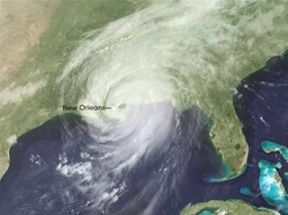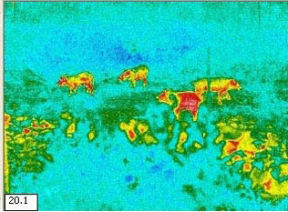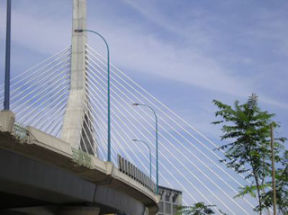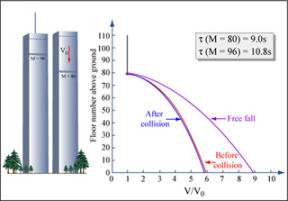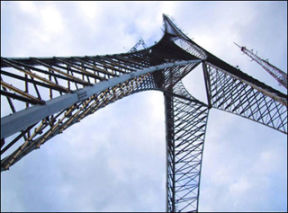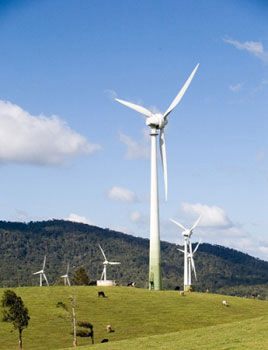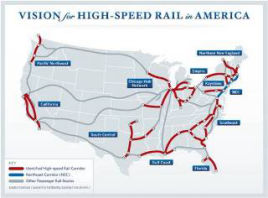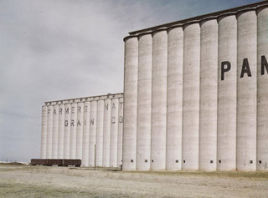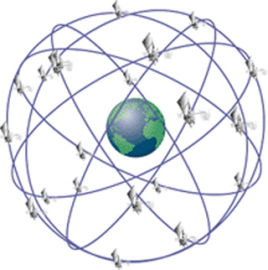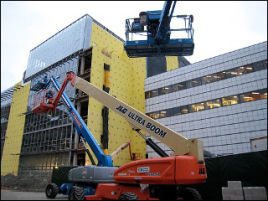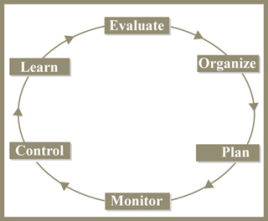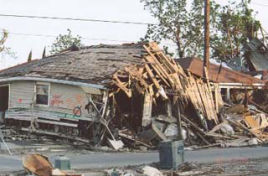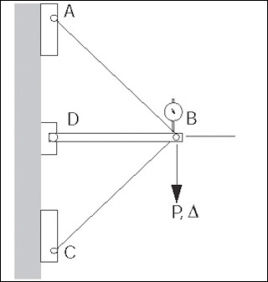Basic English terminology for civil engineers, and the other construction drivers.
This online course is a challenging one in the English-Spanish-Persian language. It's about to inspire and spark learning of the expert language pulses for Iranian students interested in construction and its various related fields. It is for whom have real challenges with English language acquisition process. The learning path has designed and introduced by the Polytechnic University of Madrid, Spain. Some volunteer activists inside ApplyPedia offer this course to Iranian students, or other Persian speakers. We hope it would inspire, direct, and assist them as it did for Spanish speakers. "Facilitating and Relieving the English language learning (Acquisition).
Notice: Participating is free in the option of reviewing without being certified.


